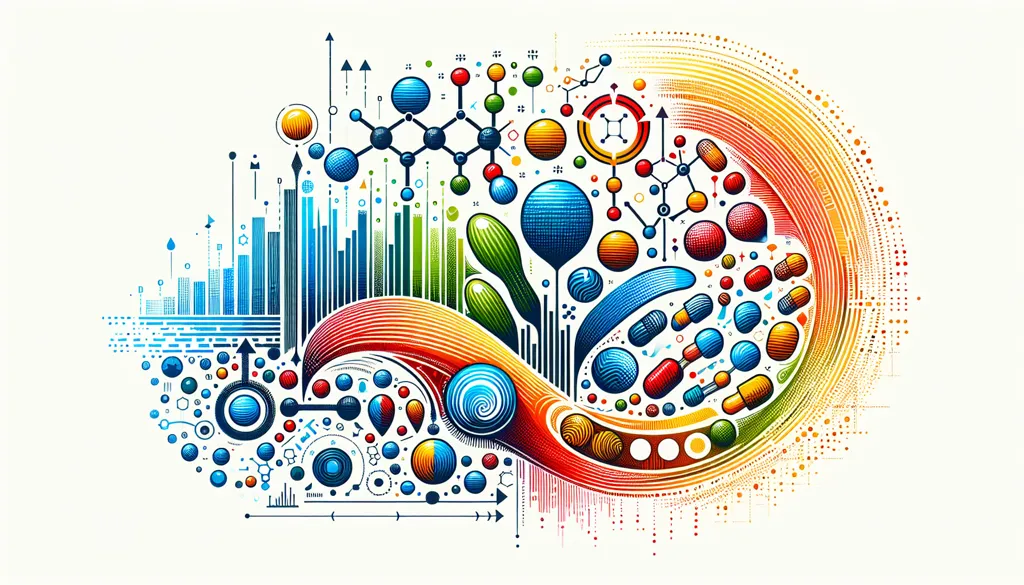Exploring the Growing Demand for Human Growth Hormones: A Balanced Perspective
The global market for human growth hormones (HGH) is on an upward trajectory, with projections estimating it to reach USD 10 billion by 2030. This growth is largely driven by the increasing prevalence of growth hormone deficiencies both in children and adults. These deficiencies can result from various factors, including pituitary disorders, genetic conditions, and even brain injuries. As a mother in Kansas, I have seen firsthand how medical advancements can impact lives, and the rising adoption of HGH treatments is a testament to this.
The Science Behind Human Growth Hormones
Human growth hormone is a peptide hormone produced by the pituitary gland, crucial for growth, cell regeneration, and overall metabolic regulation. In children and adolescents, HGH promotes the development of bones, muscles, and cartilage, while in adults, it helps regulate body composition, muscle and bone growth, and metabolism. However, HGH secretion declines with age, which has generated interest in HGH therapy for both deficiency-related treatments and potential anti-aging benefits.
Market Dynamics and Regional Insights
The HGH market is experiencing significant growth due to increased awareness of growth hormone deficiencies and advancements in biotechnology. North America, particularly the United States, dominates the global market, supported by a significant patient population with pituitary gland disorders and a high volume of product approvals. For instance, in 2023, Pfizer Inc. received FDA approval for NGENLA, a weekly HGH analog for children with growth failure.
The demand for HGH therapies is driven by the prevalence of growth disorders and conditions like Turner syndrome and chronic kidney disease. The use of recombinant DNA technology has led to the development of safer and more effective synthetic growth hormones, expanding the market further. However, the market faces challenges, including stringent regulatory requirements and the high cost of treatment, which can limit access, particularly in low- and middle-income countries.
Controversies and Ethical Considerations
While HGH therapy offers therapeutic benefits, its off-label use for anti-aging and performance enhancement remains controversial. Excessive or unregulated use can lead to side effects such as joint pain, insulin resistance, and even increased cancer risks. As a mother, I am concerned about the ethical implications and the need for careful regulation to balance benefits against potential risks.
Innovations and Future Prospects
Innovations in delivery mechanisms, such as needle-free injectors and sustained-release formulations, aim to enhance patient compliance and convenience. The emergence of biosimilars, which are cost-effective alternatives to branded products, is intensifying competition among manufacturers. These advancements are crucial for chronic therapies like HGH, where ease of use and accessibility can significantly impact treatment outcomes.
Conclusion
The human growth hormone market is poised for substantial growth, driven by increasing demand and technological advancements. However, it is essential to navigate the ethical and regulatory challenges carefully. As a moderate, Midwestern mother, I believe in the potential of HGH therapies to improve lives while advocating for responsible use and equitable access. The future of HGH treatments holds promise, but it requires a balanced approach to ensure that the benefits outweigh the risks.

